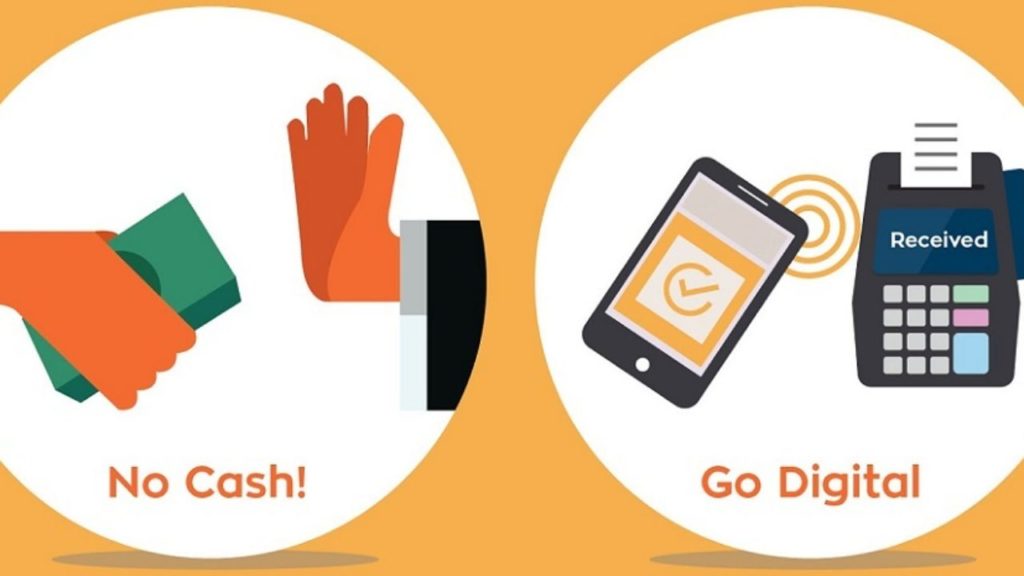No Need To Enter 16-Digit Credit/Debit Card No. For Digital Payments From This Date: Tokenization Of Payments Approved

The very efficient digital payment infrastructure that we use every day comes with its own advantages and disadvantages. With it, we can transfer money within a fraction of a second all over the globe with ease. And still, the same system is manipulated by many in various ways. One of the ways the system is breached is by data theft. The credit and debit card data of users(which is stored by merchants) is vulnerable to theft if it is not secured properly.
But what if you could transfer the money to merchants without even sharing the card details. That would save a lot of trouble on Merchant’s end and on the user’s end as well.
But how is that possible you ask, Tokenization is the answer you are looking for.
What is Tokenization?
The process of tokenization goes something like this. When you enter the card details, instead of sharing the card details with the merchant, you are provided a 16 digit token number. You need to share this number with the merchant. The merchant then again shares this token number with your bank and, if all the details related to the transaction provided by the merchant match with details of the token, the amount will be transferred to the merchant’s account. This is a very oversimplified explanation of the process, but it will serve our purpose for now.
So, why suddenly the talk of Tokenization?
The central authority related to anything related to money in India, The Reserve Bank of India (RBI) has enhanced the guidelines on card tokenization. The central bank has refused to extend its deadline for card tokenization beyond 1st January 2022.
“…card issuers have been permitted to offer card tokenization services as token service providers. The tokenization of card data shall be done with explicit customer consent requiring additional factor of authentication (AFA),” the RBI said in a press release.
How secure is the token?
Merchants process millions of card transactions every day. At the check-out, many merchants provide the option to save the card number, and there is a risk of these saved details landing in the wrong hands.
As every transaction will get its own token there is more security while transacting. It should be noted that tokenization does not involve any encryption. A token is just a random number that is assigned to your card. So, in any way, that token number cannot be traced back to your card details if it lands in the wrong hands. The risk gets reduced when you share the details of your debit/credit card in the form of a token.
It should be noted that India is not the first country to promote Tokenization. It has been a widespread practice in the rest of the world. So, once this becomes normalized in India, we can expect a decrease in digital frauds by many folds.

Comments are closed, but trackbacks and pingbacks are open.